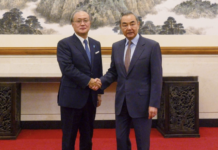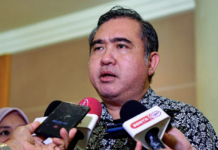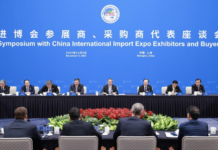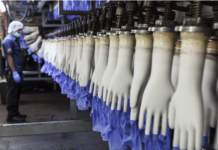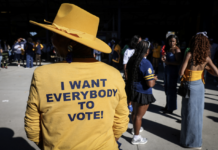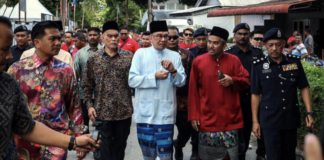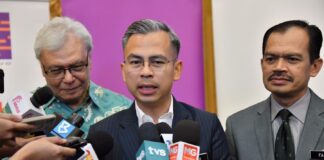KUALA LUMPUR, July 12 — A better world can be achieved by replacing some of the national and international architectures and systems on politics, economics, trade, finance and others, that are either archaic, unjust, or unable to address those challenges, if not making them worst.
In saying this Malaysian Foreign Minister Datuk Seri Saifuddin Abdullah noted that, as it stands, the Sustainable Development Goals (SDGs) remain the best international agreement available today in reforming the said architectures and systems.
“We are responsible to ensure it is fully implemented, and remain steadfast in reforming the said architectures and systems, because our best efforts in implementing the SDGs can be hindered by them,” he said.
Localising the SDGs is premium and as such, there is a need to network, upscale best practices, improve capacities and mainstream work on the SDGs into the top agenda of our leaders.
Saifuddin shared this in his tweets after attending a virtual panel discussion on Monday night, held at the margins of the 2022 High Level Political Forum on Sustainable Development (HLPF) at the United Nations Headquarters in New York.
The Foreign Ministry and the Economic Planning Unit in collaboration with the All Party Parliamentary Group Malaysia for Sustainable Development Goals (APPGMSDG) co-organised the side event entitled “Building Back Better in Localising SDGs: A Case Study of Malaysia and Three Southeast Asian Country Experiences of the Partnership Model”.
The panel discussion highlighted Malaysia’s experience, as well as three other Southeast Asian countries namely, Indonesia, Philippines and Thailand, on the achievements and challenges in localising SDGs.





